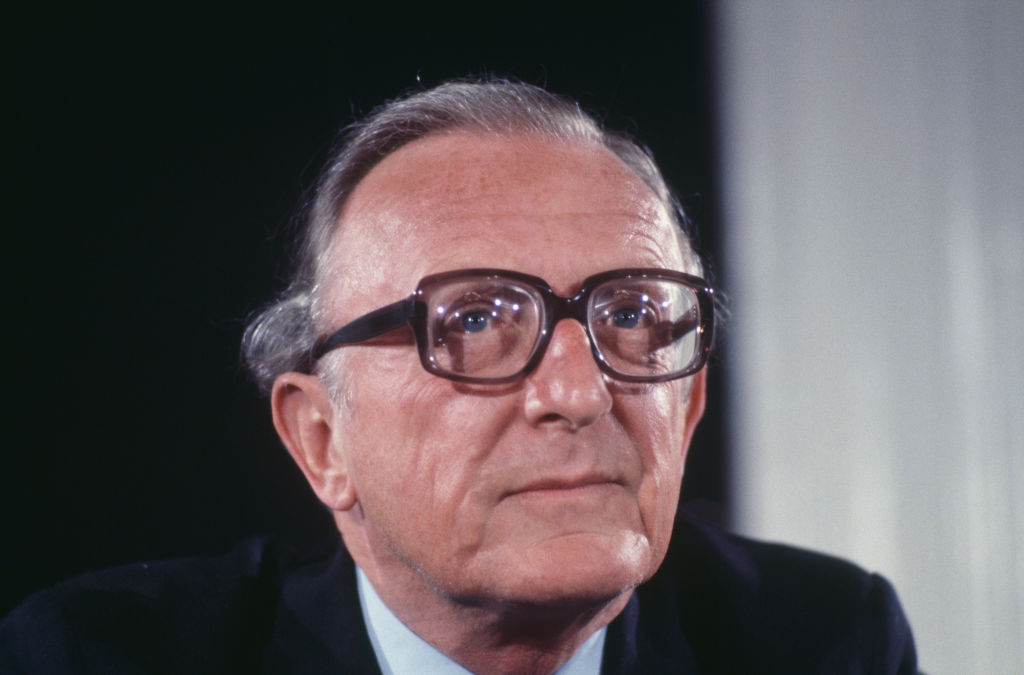Lord Carrington, who has just died, may well have been longer in public life than any non-royal person ever. He took his seat in the House of Lords in 1946 (having already won the MC at Nijmegen in 1944), and never really retired until ill health confined him 70 years later. Hereditary privilege, I suppose, put him in; but what kept him there, giving him office under six prime ministers, as well as making him high commissioner to Australia, secretary-general of Nato etc? The obvious answer would be that, as someone who could not be elected, he was like the eunuch in the seraglio. Certainly prime ministers were disposed to trust him, in part because they knew he couldn’t have their job. Certainly, too, he had a strong sense of public service. But this does not explain his rather unaristocratic tenacity and ambition or his undoubted ability.
I must admit that when I first met Peter Carrington, in 1973, I did not like him. He, aged 53 or 54, and a cabinet minister in the Heath government, was the guest of the Eton Political Society. I, aged 17, was its secretary. At drinks with the Provost after his talk, he launched into a classic Whiggish defence of moderate Conservatism as the way of ensuring that sensible people run the country. More priggish than Whiggish, I attacked him for complacency. As I took him out to his car to leave, he said, ‘I say, are you usually so rude to your guests?’ I took this as a haughty put-down from a man who never wanted his idées reçues challenged, but when I came to know him quite well 20 years later, I realised that I had mistaken his tone. He had been teasing me, as he teased almost everyone throughout his life. If only I had not been such a pipsqueak, I would have seen that his intention was friendly, even kind. His style of humour carried him through a great deal of public life — relieving boredom or tension, cutting through solemnity. He sometimes did this by writing accomplished comic verses in meetings and handing them to the person sitting next to him. He made anyone who talked to him feel a co-conspirator against a ridiculous world. ‘Isn’t everything awful?’ was his most common greeting. The words expressed the pessimism of his intellect. His grin as he spoke them expressed the optimism of his will. The Peter Carrington view of the world included a defeatism about the possibilities for civilisation which, when allowed to run the country — as it did to some extent under Macmillan and Heath — had quite a bad effect. He tended to confuse democracy with populism, and so to dislike both. He was so accustomed to national decline that he almost welcomed it. His effect on the conduct of the country’s business, however, especially its business abroad — brisk yet easy, conciliatory yet tough, quick-witted, commonsensical, worldly wise — was benign, and is irreplaceable.
This is an extract from Charles Moore’s Spectator Notes, which appears in this week’s issue







Comments